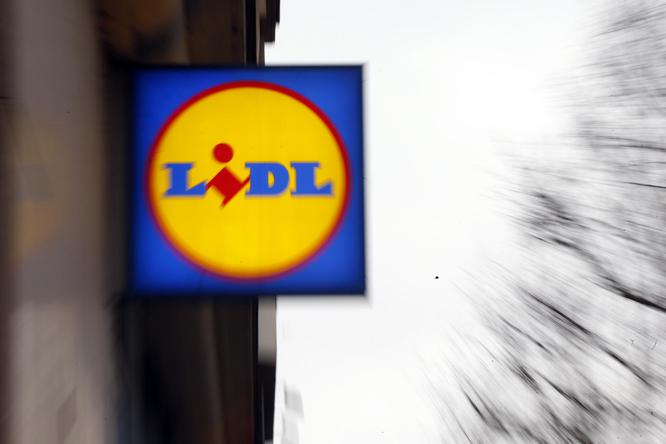Strike at Exceldor: avoidable waste Get the latest alerts from Le Devoir
As these lines were written, the union of employees at the Exceldor chicken slaughterhouse had still not accepted arbitration as a means of reaching a settlement and ending to the ongoing strike at the Saint-Anselme plant, 30 km from Lévis. For his part, the Minister of Labor, Jean Boulet, once again rejected the idea of adopting a law forcing the return to work of the 550 employees.
Either case, it would be an exceptional measure for a conflict that is not exceptional, apart from the fact that the strike forces farmers to CO₂ kill hundreds of thousands of birds otherwise intended for human consumption.
These beasts would have been slaughtered anyway, so that's not the point. Rather, it is in the waste of edibles caused by the lack of alternatives. Followers of veganism will tell you that the problem is much deeper since humans should never “exploit” animals for any purpose, but that's another topic… Let's get back to our chickens.
Recall that the current strike concerns only one processing plant and deprives the market of some 350,000 chickens out of the 3.5 million sold each week. Even from the factory on strike, two-thirds of the usual volume is currently being redirected to other facilities. So it's not a disaster. And if breeders are as sad as the majority of people to see their production end up in animal meal, they do not lose out financially since the joint marketing plan which obliges them to sell all their production to the Exceldor cooperative assures them in return they will be paid for the promised volume.
And this is where the shoe pinches. The Minister of Agriculture, André Lamontagne, is right to be surprised at the absence of a contingency plan to prevent overproduction, when the threat of a walkout had been hovering over the company for several weeks. It would have been so simple for Exceldor to ask breeders to reduce their production a few weeks in advance.

In Canada, the production of poultry, like that of eggs and milk, is subject to quotas to control the supply. Producers gain in income security and processors in the assurance of a stable supply.
A less encouraging consequence of such a system is the growing concentration of both producers and processors, so that today there are only 700 poultry farmers left in Quebec to a total production of some 175 million poultry per year.
As for slaughtering and processing companies, there are only two left: the Exceldor cooperative, owned by 400 breeders, and Olymel. A duopoly, in short, which controls the entire market.
That leaves very little room for diversity. Very little room for succession unless huge investments are made. This makes the Union paysanne say that we are a long way from local agriculture.
Let’s agree: the industrial model of mass production does not only have flaws. While it is true that more and more consumers are ready to go to the farm to obtain fresh produce, organic baskets and free-range poultry, the majority of people are above all looking for the best price for quality of standardized products. The same applies to restaurant chains such as St-Hubert, which need tens of thousands of poultry of uniform size delivered to them every week.
While the Union paysanne claims the right for any farmer to raise up to 2,000 chickens a year without holding a quota, the Régie des Marchés Agricoles, which listens to the major union federations, only authorizes 300, which is very little.
Then there is the slaughter. Due to concentration and hygiene standards, breeders are forced to have their animals slaughtered in one of the Olymel or Exceldor plants. Why not authorize the opening of small independent slaughterhouses to serve a local clientele, as the Union paysanne still proposes? More competition can't hurt. The employees might not be better paid there, but they might be better treated there, who knows?
At present, there is no reason to require the government to pass emergency legislation to force a return to work. A conflict between a union of employees and a cooperative is not exceptional, except that the two organizations which claim to be progressive would have a great interest in agreeing quickly, to correct both their image of poultry killers and that of managers. poor.



![PAU - [ Altern@tives-P@loises ] PAU - [ Altern@tives-P@loises ]](http://website-google-hk.oss-cn-hongkong.aliyuncs.com/drawing/179/2022-3-2/21584.jpeg)

![Good deal: 15% bonus credit on App Store cards of €25 and more [completed] 🆕 | iGeneration Good deal: 15% bonus credit on App Store cards of €25 and more [completed] 🆕 | iGeneration](http://website-google-hk.oss-cn-hongkong.aliyuncs.com/drawing/179/2022-3-2/21870.jpeg)





Related Articles